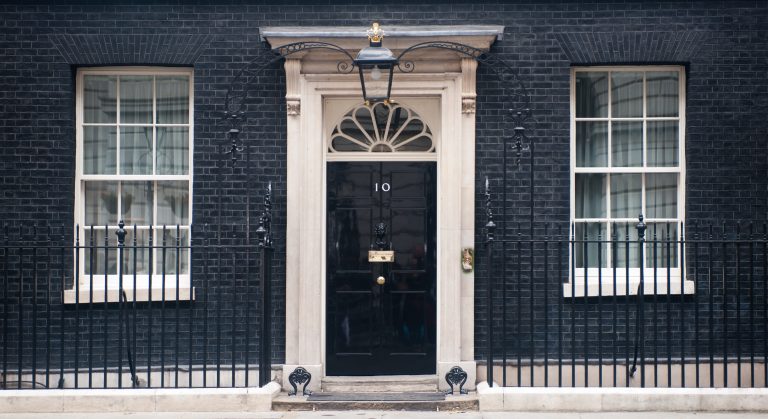Politics
Conservative leadership race: Odds for the final two candidates

The Conservative Party’s leadership contest has reached its final stage, with Kemi Badenoch and Robert Jenrick the last two contenders.
The winner, to be announced on November 2nd, will replace Rishi Sunak as the party leader and become the Leader of the Opposition following the Conservatives’ heavy defeat in the July general election.
Kemi Badenoch
Kemi Badenoch, the current MP for North West Essex, has risen to prominence as a key figure on the right wing of the Conservative Party. Having served as shadow housing secretary, she is known for her strong, often provocative stances on culture wars and immigration. Badenoch is seen as a fresh voice in the party, often positioning herself as a straight-talker and unafraid to challenge the status quo.
If Badenoch becomes leader, her policies are expected to reflect her hardline views, particularly on issues like social cohesion and immigration. Economically, she would likely push for lower taxes and deregulation, advocating a more market-oriented approach to stimulate growth and appeal to business leaders. Badenoch also emphasises the need for tougher immigration controls, particularly in response to illegal migration, and has hinted at policies that would tighten the UK’s border security.
Given that Badenoch is backed by some of the more conservative elements within the party, her leadership could see the party adopt a more populist tone, appealing to voters who feel disconnected from the urban political elite. Her supporters believe she has the charisma to revive the party’s fortunes in key rural and suburban areas, which are crucial for the Conservatives’ recovery in future elections. At 3/10, she is the firm favourite to win next month’s vote.
Robert Jenrick
Robert Jenrick, MP for Newark and former Secretary of State for Housing, Communities, and Local Government, represents a more pragmatic wing of the party. He has a reputation for being a steady, reliable politician with significant government experience, including managing complex portfolios. Jenrick’s campaign has focused on economic competence, with a strong emphasis on fiscal discipline and public service reform. He is the least likely of the two at 5/2 to be the next Conservative leader after Rishi Sunak.
As a leader, Jenrick would likely seek to rebuild the Conservative Party by focusing on economic recovery and modernising public services. He has indicated that his leadership would prioritise tackling the UK’s economic challenges head-on, with a particular focus on reducing public debt, improving productivity, and ensuring long-term financial sustainability. Jenrick has expressed support for maintaining some of the post-Brexit regulatory frameworks, but he is not as vocal on the more controversial social issues as Badenoch, which might help him appeal to centrist voters.
One of Jenrick’s key challenges will be to reconcile the different factions within the party, as he is seen as more centrist compared to Badenoch. However, his moderate approach could appeal to voters in the so-called “Blue Wall” constituencies—more affluent, traditionally Conservative areas that have started drifting towards Labour. Jenrick’s leadership would likely focus on rebuilding these electoral coalitions, positioning the party as a responsible choice for voters concerned about the economy and public services.





